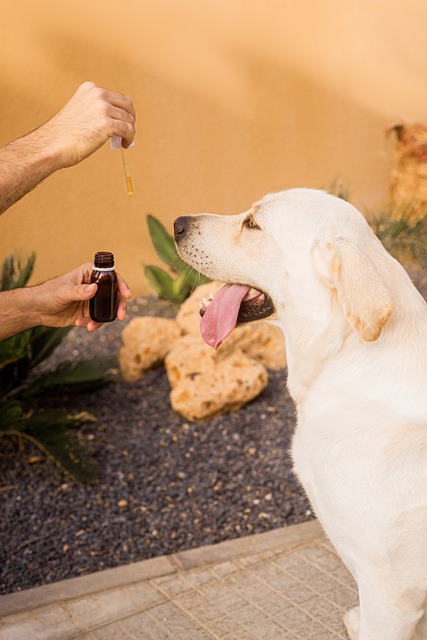2018 saw the federal legalization of THCA-rich products in Canada under the Cannabis Act. Since then, each province has established its own regulations governing the use and sale of THCA flower, making it a legal yet complex area within the Canadian cannabis market. In provinces like British Columbia and Alberta, consumers can legally purchase THCA flowers from licensed retailers under federal limits, with some also allowing personal cultivation. Conversely, provinces such as Quebec and Ontario have more restrictive policies, often limiting THCA to medical use with a prescription or allowing it only in certain forms. It's crucial for individuals to stay informed about the specific legalities in their province, as they vary widely across Canada. The federal Cannabis Act sets the overarching framework, while provincial regulatory bodies enforce compliance. Consumers must be of legal age and purchase THCA products from licensed retailers to ensure safety and legality. As interest in THCA's potential health benefits grows, it's important for users to consult the latest information on provincial regulations and healthcare professionals for guidance on its use for therapeutic purposes.
Explore the emerging benefits of THCA flower, a non-psychoactive cannabinoid gaining attention within holistic health circles and under the auspices of Canadian law. This article sheds light on its legal status across various Canadian provinces, delves into the scientific properties that make it a natural wellness choice, and outlines practical guidance for safe consumption. Join us as we navigate the potential health advantages of THCA flower and its integration into therapeutic practices, ensuring compliance with Canada’s regulatory framework.
- Unveiling THCA Flower: A Natural Wellness Choice Under Canadian Law
- THCA Flower Benefits: An Overview of Its Potential Health Advantages
- The Science Behind THCA: A Deep Dive into Its Properties and Effects
- Legal Landscape in Canada: Which Provinces Endorse THCA Flower Use?
- Cultivation and Consumption: How to Safely Enjoy THCA Flower in Compliance with Canadian Regulations
- Exploring the Therapeutic Potential of THCA Flower in Holistic Health Practices
Unveiling THCA Flower: A Natural Wellness Choice Under Canadian Law
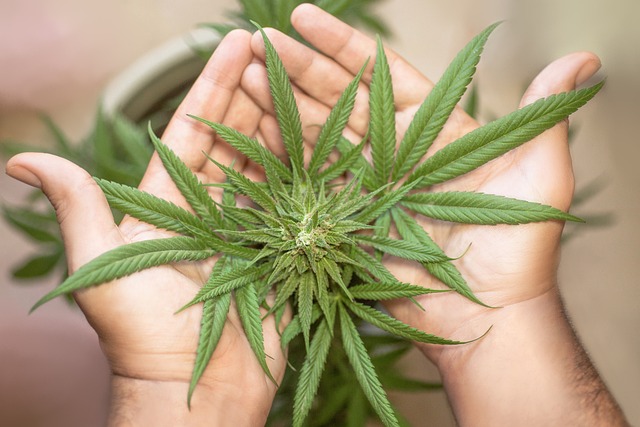
In recent years, the conversation around cannabis and its derivatives has seen significant evolution, particularly with the emergence of THCA (Tetrahydrocannabinolic Acid) flower as a natural wellness choice. In Canada, where the use of cannabis for medical and recreational purposes is legal under federal law, the regulatory framework allows for an understanding of THCA’s potential benefits. THCA, the raw form of THC (Tetrahydrocannabinol), has garnered attention due to its unique properties and therapeutic effects that are distinct from those of THC or CBD (Cannabidiol). Unlike its psychoactive counterpart, THCA does not induce a high but is believed to offer relief from various ailments. The legality of THCA flower varies across Canadian provinces; while it is federally legal, individual province regulations may dictate how it can be used and sold, reflecting the nuanced nature of cannabis laws within the country.
Navigating the specificities of these laws is crucial for consumers and businesses alike, as they impact the availability and accessibility of THCA flower for those seeking its potential wellness benefits. In some provinces, THCA flower is available for purchase at licensed retailers, while in others, it may be restricted to certain forms or only accessible through prescription for medical use. As a result, consumers must be well-informed about the specific legalities within their province. This awareness not only ensures compliance with local laws but also helps individuals make informed decisions about incorporating THCA flower into their wellness routines, leveraging its potential benefits in a manner that is both responsible and aligned with Canadian legislation.
THCA Flower Benefits: An Overview of Its Potential Health Advantages
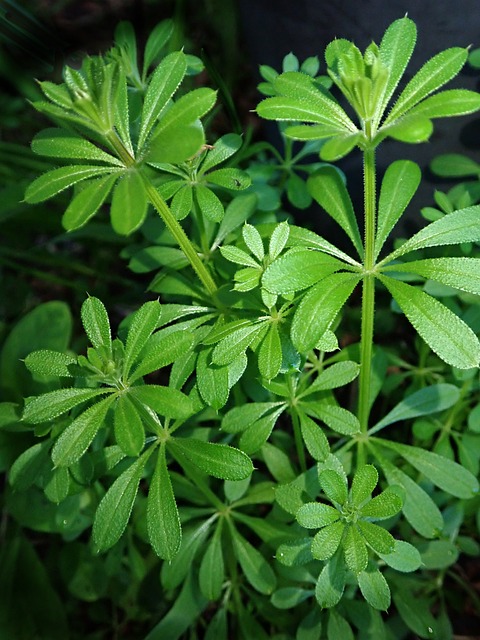
Delta-9-tetrahydrocannabinolic acid (THCA) is a non-psychoactive cannabinoid found in the cannabis plant that has garnered attention for its potential health advantages. THCA is the precursor to the well-known compound delta-9-tetrahydrocannabinol (THC), which becomes psychoactive when heated or combusted. The legal landscape of THCA in Canada is clear: it is legally permissible in provinces where cannabis products are regulated under federal and provincial laws. This legal status allows for the exploration and utilization of THCA flowers, rich in this cannabinoid, for their therapeutic properties.
Research suggests that THCA may offer a range of wellness benefits, including anti-inflammatory and neuroprotective effects. These potential advantages are attributed to its interaction with the body’s endocannabinoid system, which plays a crucial role in regulating various physiological processes. In Canada, provinces such as British Columbia, Alberta, Ontario, and Quebec have established regulatory frameworks for the sale and use of cannabis products, including THCA flowers. These products are often available in health food stores, dispensaries, or online retailers that comply with provincial regulations. Users interested in exploring THCA flower benefits should always ensure they are purchasing from reputable sources within the legal boundaries set forth by their respective provinces’ laws.
The Science Behind THCA: A Deep Dive into Its Properties and Effects

Delta-9-tetrahydrocannabinolic acid (THCA) is a non-psychoactive cannabinoid found in the Cannabis sativa plant, which, when heated or decarboxylated, converts into the well-known psychoactive compound THC. Recent scientific research has been instrumental in unveiling the potential therapeutic properties and effects of THCA, particularly within the legal landscape of Canada’s provinces where cannabis is regulated for medical and recreational use.
In Canada, where the legal status of cannabis derivatives is clearly defined, THCA has garnered attention for its promising health benefits. Studies indicate that THCA may possess anti-inflammatory, antiemetic, and neuroprotective effects. Preclinical evidence suggests that this cannabinoid could be beneficial in managing conditions such as nausea and inflammation, without the psychoactive side effects of its counterpart, THC. Moreover, THCA’s interaction with the body’s endocannabinoid system may contribute to its analgesic properties, making it a subject of interest for those seeking alternative treatments for pain management in accordance with the thca legal regulations in various Canadian provinces. The precise mechanisms behind THCA’s effects are still being elucidated, but its potential as a therapeutic agent continues to be explored within the confines of Canada’s regulated market.
Legal Landscape in Canada: Which Provinces Endorse THCA Flower Use?
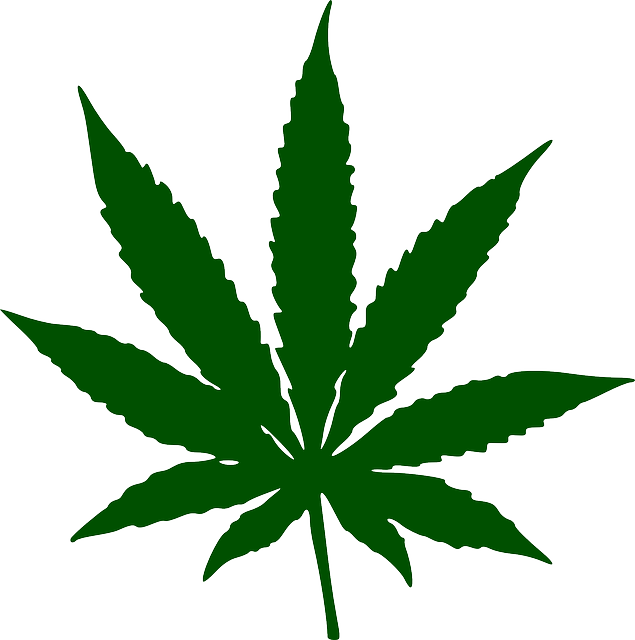
In recent years, the legal landscape regarding THCA (Tetrahydrocannabinolic Acid) flower use in Canada has seen significant changes and variations across different provinces. As of my knowledge cutoff in 2023, the federal government of Canada legalized cannabis products, including those containing THCA, through the Cannabis Act in October 2018. However, the specific regulations governing THCA flower use within each province have been shaped by individual provincial laws and regulations.
In some provinces like British Columbia and Alberta, adult residents can legally purchase and possess THCA flowers from licensed retailers, provided they adhere to the federal government’s limits on possession for personal use. These regions typically allow adults to carry up to 30 grams of legal cannabis products in public and have up to four plants per household for personal cultivation, with certain conditions. On the other hand, provinces such as Quebec and Ontario have more restrictive policies. While they also permit the possession and purchase of cannabis products, including THCA flowers, the number of plants allowed for personal cultivation is lower, and there are stricter regulations regarding where and how these plants can be grown.
It’s important to note that while the federal government has legalized THCA-rich products, the evolving nature of cannabis legislation means that provincial laws can change. Therefore, individuals interested in purchasing or using THCA flowers should always verify the current regulations specific to their province or territory to ensure compliance with local laws. Understanding the nuances of these regulations is crucial for both consumers and businesses involved in the cannabis industry within Canada’s diverse legal landscape.
Cultivation and Consumption: How to Safely Enjoy THCA Flower in Compliance with Canadian Regulations

In recent years, the cultivation and consumption of cannabis products have seen significant changes in Canada, with a particular focus on THCA (Tetrahydrocannabinolic Acid) flower, a non-psychoactive precursor to THC. As of my knowledge cutoff in 2023, THCA is legal in Canada, provided it complies with the country’s Cannabis Act and provincial regulations. Cultivators must adhere to stringent Health Canada guidelines to legally produce THCA flower, ensuring that the plants are grown in controlled environments, free from unauthorized chemicals and contaminants. The cultivation process is meticulously overseen by provincial regulatory bodies, which enforce compliance with federal standards. Consumers interested in enjoying THCA flowers must do so responsibly and within the bounds of the law, which includes being 18 or 19 years of age depending on the province, and purchasing from licensed retailers. It’s imperative to keep abreast of provincial regulations as they may vary regarding possession limits and where cannabis can be consumed. By understanding the legal landscape and sourcing THCA flowers from authorized vendors, enthusiasts can safely enjoy the potential benefits of this cannabinoid, with its reported therapeutic properties without the psychoactive effects associated with THC. Always prioritize informed consumption and consult local regulations to ensure compliance with all legal requirements.
Exploring the Therapeutic Potential of THCA Flower in Holistic Health Practices
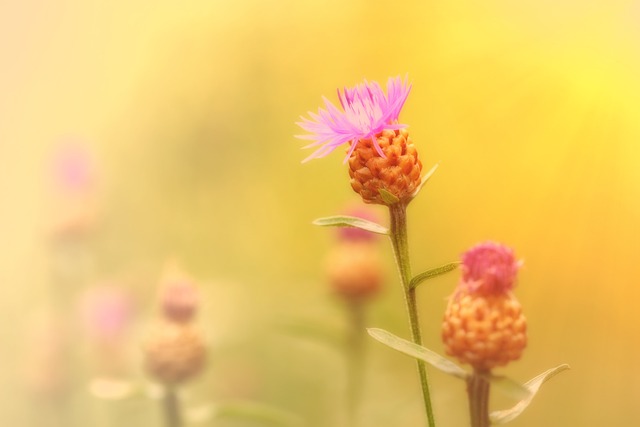
2023 has seen a growing interest in the therapeutic properties of THCA, or Tetrahydrocannabinolic Acid, the raw form of THC found in the Cannabis sativa plant. As research continues to uncover its potential benefits, holistic health enthusiasts and medical professionals alike are exploring the various advantages THCA flower may offer. In Canada, where the legal landscape for cannabis-related products has evolved, THCA has emerged as a subject of particular interest due to its non-psychoactive nature when consumed in its raw form, allowing users to potentially harness its therapeutic effects without the psychoactive ‘high’ associated with its decarboxylated counterpart, THC.
Advocates for holistic health practices often turn to THCA flower for its purported anti-inflammatory and neuroprotective properties, which may be beneficial in managing pain and certain neurological conditions. Studies suggest that THCA interacts with the body’s endocannabinoid system, influencing various physiological functions including appetite, pain sensation, and mood. In Canada, where legislation varies by province, understanding the legal status of THCA flower is crucial for consumers and healthcare providers. In provinces where cannabis derivatives are permitted, THCA flower can be a significant addition to alternative wellness regimens, offering a natural and potentially effective approach to health and well-being. As with any therapeutic substance, it is advisable to consult with a healthcare professional before incorporating THCA flower into one’s holistic health routine.
THCA flower, a non-psychoactive cannabinoid found in the Cannabis sativa plant, has garnered attention for its potential health benefits and legality within Canadian provinces. This article has explored the multifaceted aspects of THCA, from its legal status to its therapeutic applications, emphasizing the importance of understanding both its properties and the regulatory framework surrounding its use in Canada. As outlined, THCA flower is legally recognized in various Canadian provinces, with each jurisdiction defining acceptable uses and possession limits. Engaging with this natural wellness choice responsibly can offer a variety of well-documented advantages, supporting overall health and well-being. Prospective users are encouraged to consult local regulations and healthcare professionals when incorporating THCA flower into their holistic health practices. With the scientific community continuing to investigate its effects, THCA flower remains a promising natural alternative within the health and wellness sphere in Canada.
